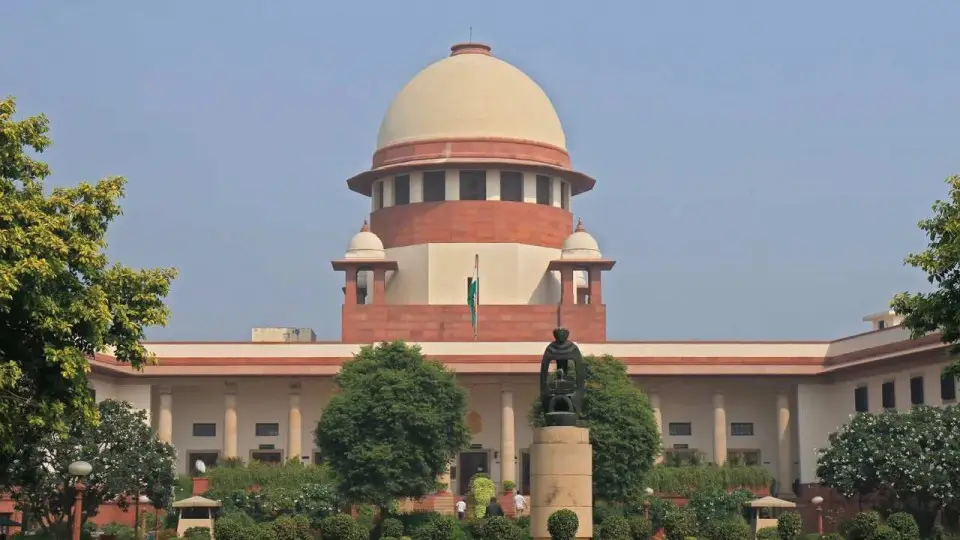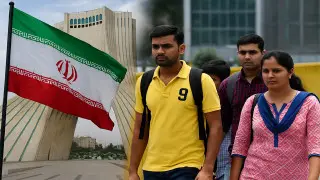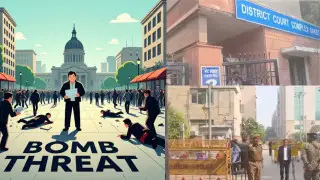
File Photo
New Delhi: The Supreme Court has given a clear warning to the Maharashtra government. The total reservation in local body elections should not exceed 50 percent, and if any district or body crosses this limit, the court can even take steps to stop the nomination process. This directive has suddenly created a stir in the election environment as at some places the reservation figure was claimed to have gone up to 70 percent.
What is Maharashtra's position?
The matter pertains to the Jairam Banthia Commission report and the new reservation matrix prepared by the state on its basis. The Banthia report is currently under challenge in the Supreme Court, hence the court has said that elections should be conducted as per the situation that was applicable before the report came. That means the state will have to stick to the 50% cap until further instructions. In many bodies of the state including Mumbai, it was found that the percentage of reservation has gone above 50%. The Supreme Court directed the state government not to exceed the limits while preparing for elections in the state and to immediately review it.
Who are facing challenges?
During the hearing, the court admitted that its previous guidelines had been misinterpreted and cautioned the authorities not to cross constitutional limits. The court's stance was also that if necessary, it would put a stay on the nominations of the assemblies themselves so that questions would not be raised on the validity of the elections in the future. This clear message is decisive for both the administration and the electoral system.
The state government will now have to ensure that scientific data, assessment of backwardness, and analysis of the “creamy layer” (outside the upper class) are properly used in planning reservation. If this does not happen, the court has said that it can go ahead and take steps even to stop the election process.
Why does this decision matter?
The election process, social inclusion, and equal rights given by the Constitution—all three are affected. If reservation rules are not followed, not only will questions be raised on the process, but the trust in the society will also be shaken. Also, it can serve as an example of how reservation policies at the state level should be implemented within judicial limits. In short, this case is not just a technical calculation—it has become an important test point for the universal validity, fairness of representation, and constitutional propriety of local democracy.













Copyright © 2025 Top Indian News
